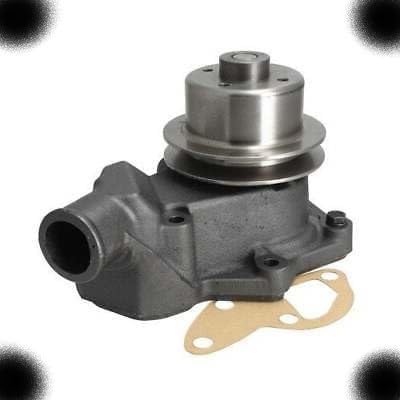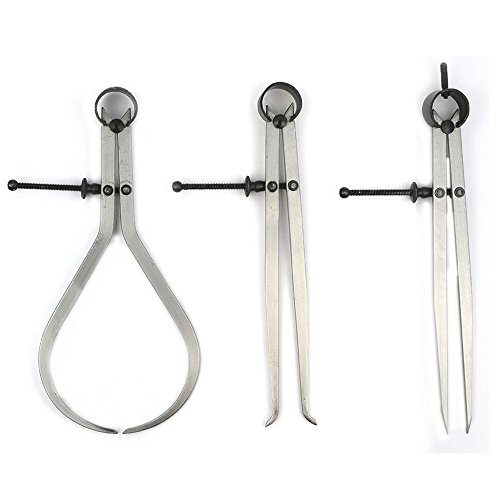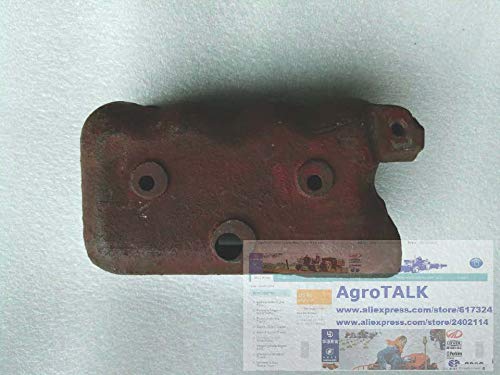Naiveambition
Well-Known Member
- Joined
- May 15, 2012
- Messages
- 369
- Reaction score
- 95
Trying to pick correct equipment needed to wire my garage for 220v.
Granted the mill and welder won't be used at the same time.
Tools:
Zx 45 mill. 220 v 17/ 8.5 amp
Miller welder. Mig tig. 230 v. 150 amps at 26% Vdc
30% duty cycle
Air compressor 110v
Plus 3 other outlets scattered around
Question one?. Is 60 amp 4 space load center enough? Or will I need to clear the amps on the welder at 150? What load center do I need?
Question two?. Will I need a safety switch
Question three? I will be tapping into the main breaker box for the house and running a new main wire about 50 feet to garage. Do you bypass the fuses at the main and place them in garage. ? The red line in the photo is my ?.
I will hire electrician to hook up, but I want all installed ready to hookup when he comes.

Granted the mill and welder won't be used at the same time.
Tools:
Zx 45 mill. 220 v 17/ 8.5 amp
Miller welder. Mig tig. 230 v. 150 amps at 26% Vdc
30% duty cycle
Air compressor 110v
Plus 3 other outlets scattered around
Question one?. Is 60 amp 4 space load center enough? Or will I need to clear the amps on the welder at 150? What load center do I need?
Question two?. Will I need a safety switch
Question three? I will be tapping into the main breaker box for the house and running a new main wire about 50 feet to garage. Do you bypass the fuses at the main and place them in garage. ? The red line in the photo is my ?.
I will hire electrician to hook up, but I want all installed ready to hookup when he comes.















![DreamPlan Home Design and Landscaping Software Free for Windows [PC Download]](https://m.media-amazon.com/images/I/51kvZH2dVLL._SL500_.jpg)





















































![MeshMagic 3D Free 3D Modeling Software [Download]](https://m.media-amazon.com/images/I/B1U+p8ewjGS._SL500_.png)
